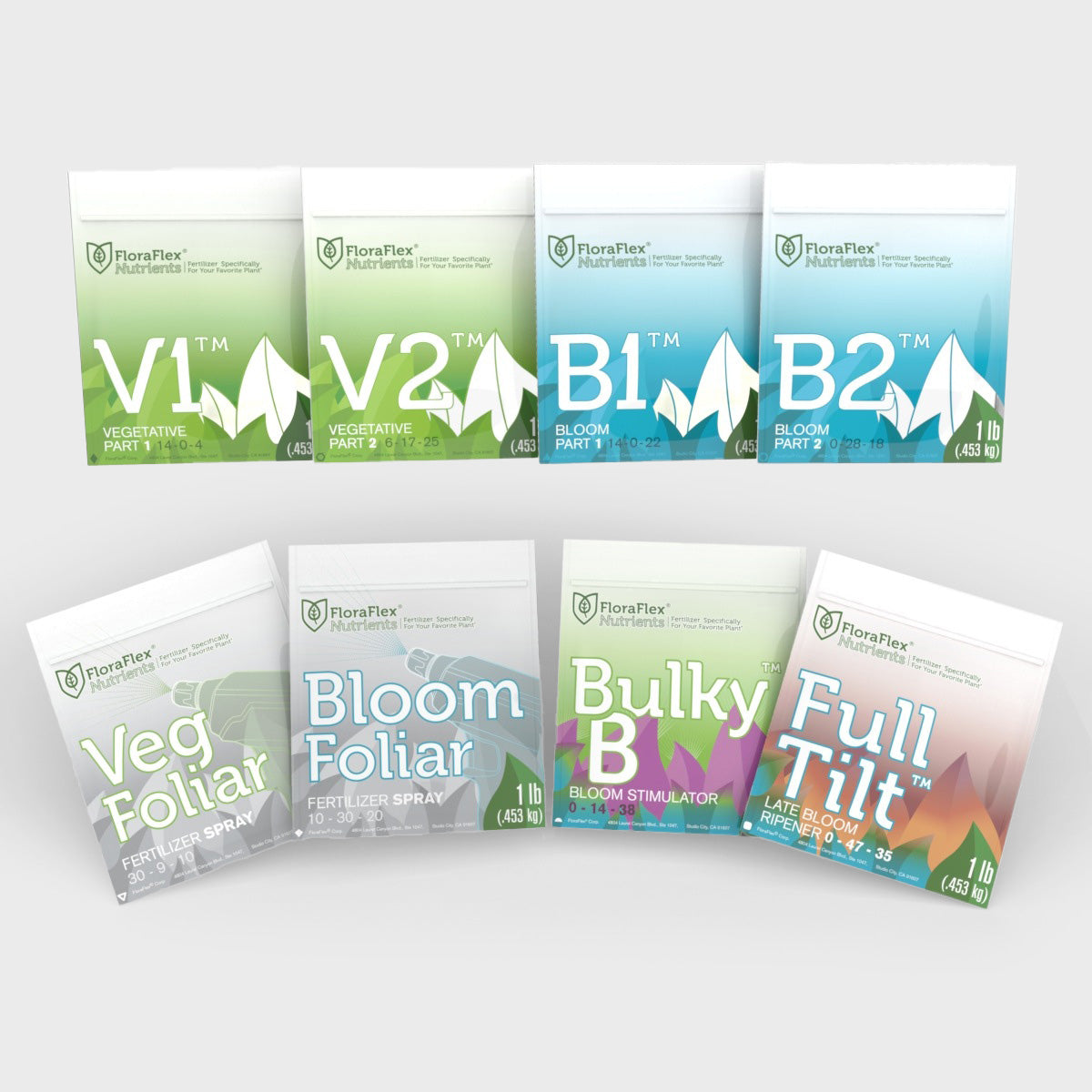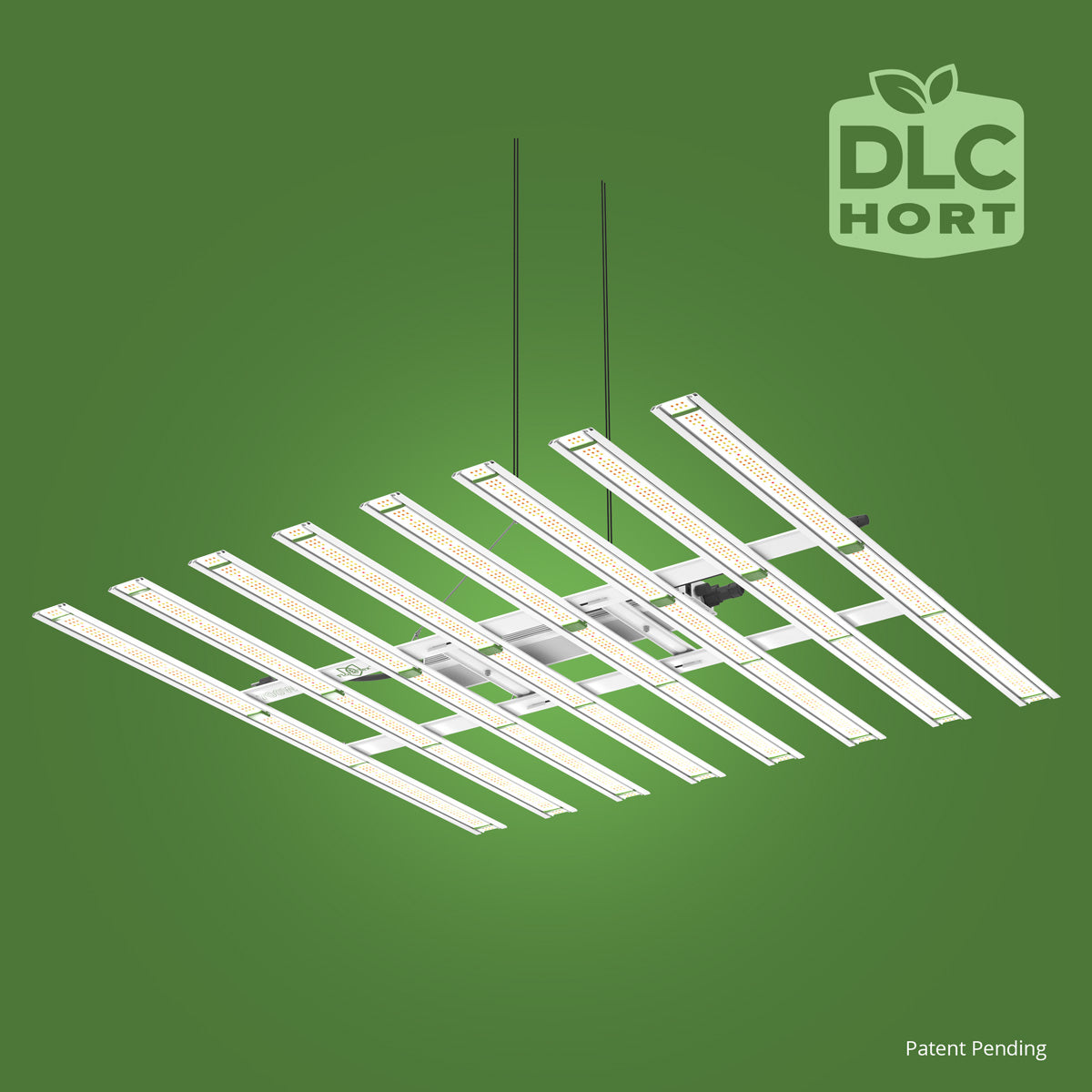Hydroponic Cannabis Cultivation
Pros
-
Optimized Nutrient Delivery: In hydroponics, plants receive nutrients directly in water solutions, allowing for precise control over nutrient concentrations and uptake. This can result in faster growth and higher yields.
-
Water Efficiency: Hydroponic systems are designed to recirculate and reuse water, significantly reducing water consumption compared to soil cultivation. This makes hydroponics a more environmentally friendly option.
-
Better Disease and Pest Control: Hydroponic systems provide a controlled and clean environment, minimizing the risk of soil-borne diseases and pests. This reduces the need for pesticides and other chemical interventions.
-
Space Efficiency: Hydroponic systems can be designed vertically or in compact configurations, maximizing space utilization and enabling cultivation in limited areas such as indoor facilities or urban environments.
Cons
-
Initial Investment: Setting up a hydroponic system can be more expensive than traditional soil cultivation due to the need for specialized equipment, nutrient solutions, and infrastructure.
-
Technical Knowledge: Hydroponics requires a certain level of expertise in managing pH levels, nutrient formulations, and system maintenance. This may require a learning curve for beginners.
-
Reliance on Technology: Hydroponic systems rely on technology and electricity to maintain environmental conditions, nutrient delivery, and other factors. Power outages or equipment failures can disrupt cultivation.
Soil Cultivation for Cannabis
Pros
-
Natural and Familiar: Soil cultivation is the traditional method used for centuries and offers a familiar growing experience. Many growers appreciate the connection to nature and the unique flavors and aromas that can be achieved.
-
Lower Initial Costs: Starting with soil cultivation generally requires fewer upfront costs compared to hydroponics, as basic gardening tools and soil amendments are typically more accessible and affordable.
-
Simplicity: Soil cultivation is often considered less complex and more forgiving, making it suitable for beginners or growers who prefer a hands-on, organic approach without the need for sophisticated equipment.
Cons
-
Limited Control: Soil cultivation offers less control over nutrient delivery and environmental conditions, which can lead to inconsistent growth and yields. It may also make it more challenging to diagnose and address specific plant issues.
-
Water and Nutrient Management: Soil requires regular monitoring and management of water and nutrient levels. Overwatering or inadequate nutrient availability can negatively impact plant health and growth.
-
Disease and Pest Risk: Soil cultivation can be more susceptible to pests, diseases, and weed competition, which may require the use of pesticides or other interventions to maintain plant health.
The choice between hydroponic cannabis cultivation and soil cultivation depends on various factors, including your goals, resources, expertise, and preferences. Hydroponics offers advantages in optimized nutrient delivery, water efficiency, disease control, and space utilization. However, it requires a higher initial investment and technical knowledge. Soil cultivation provides a natural and familiar approach, lower initial costs, and simplicity, but offers less control and requires careful management of water, nutrients, and potential pests. Consider your specific needs and evaluate the pros and cons to determine the most suitable cultivation method for your cannabis growing endeavors.








